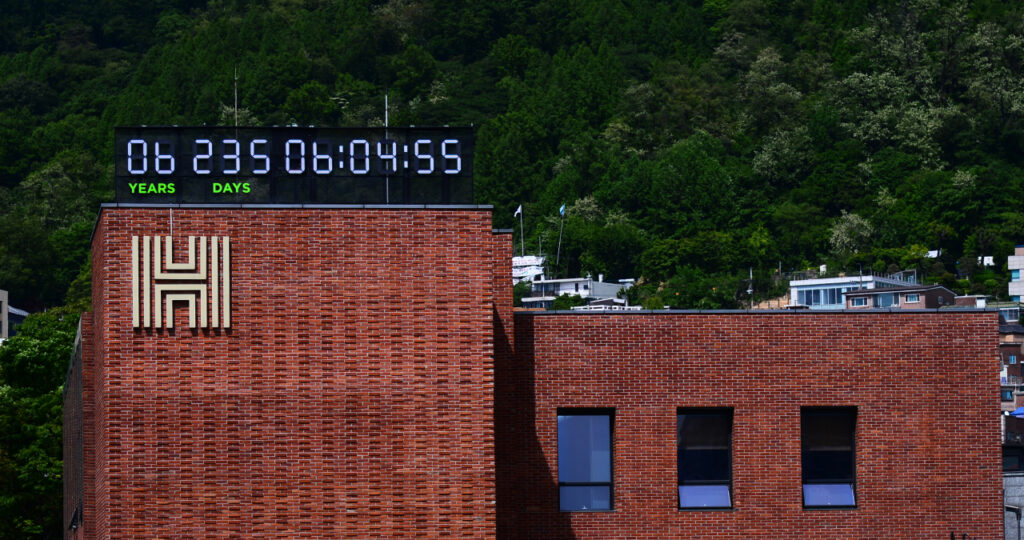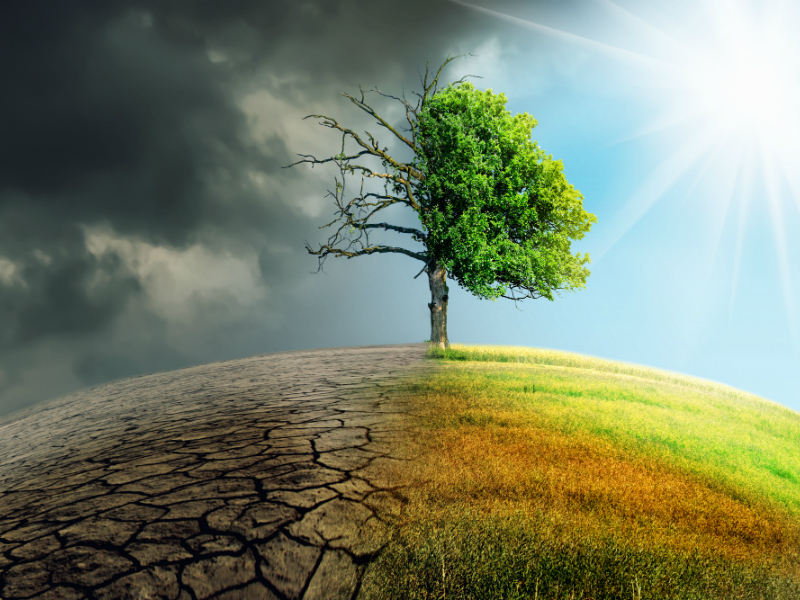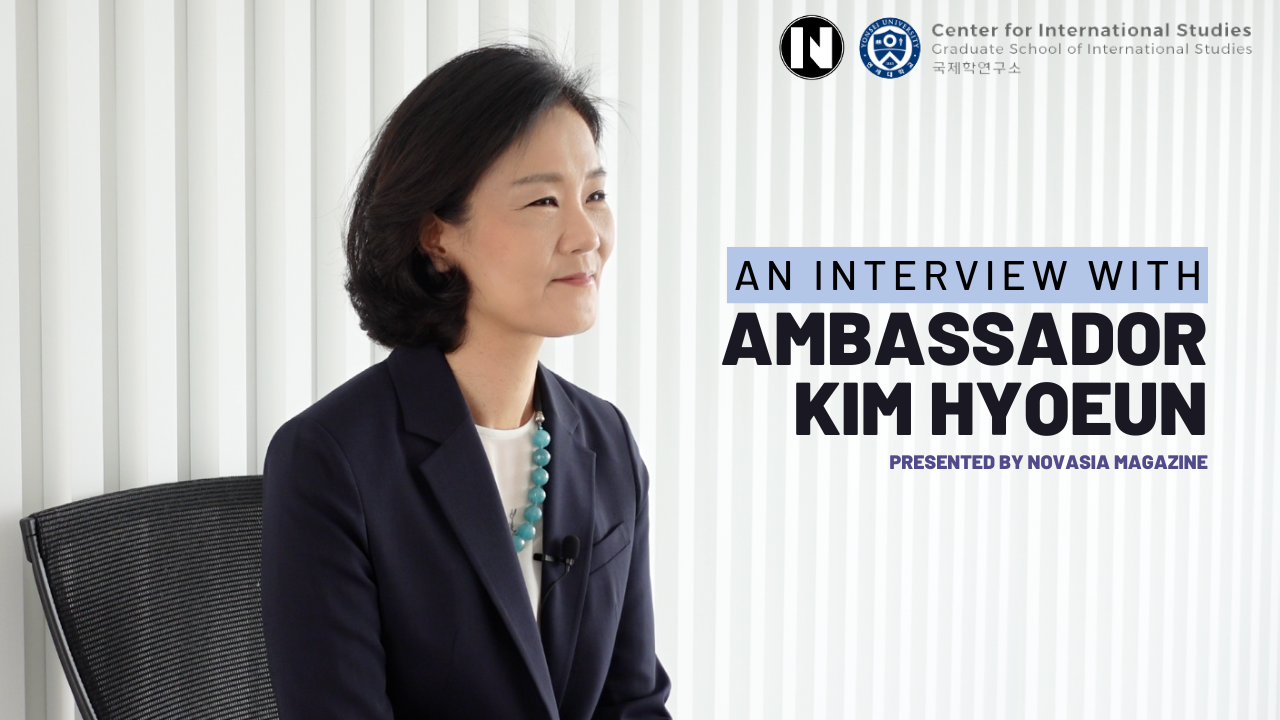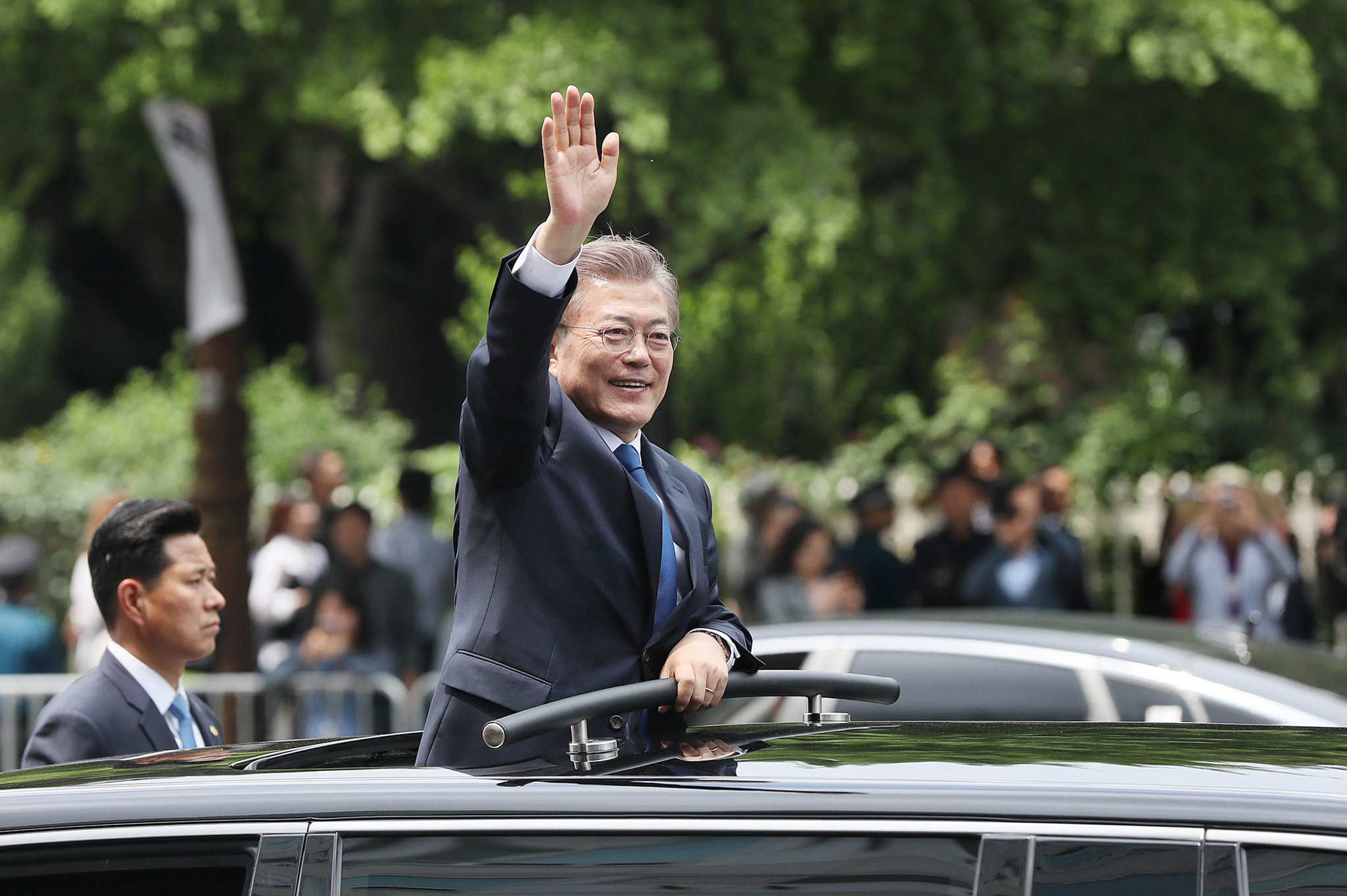source: Sepp Photography/ Shutterstock
Like the previous years, this year has been no stranger to a string of natural calamities induced by climate change. From fires in Algeria, Italy, Greece and Turkey, floods in both Germany, China and sweltering heat waves in different parts of the world. There is not a place that remains unaffected by unpredictable and unnatural weather conditions today. It is widely accepted that the causes are anthropogenic, meaning human activity is the chief reason and, which by implication, purports an appropriate response from us.
The 6th Assessment Report released by the IPCC (Intergovernmental Panel on Climate Change) early last month sounds warning bells that governments need to pay heed urgently. In the IPCC Summary for policy-makers, the report asserts that the “changes due to past and future greenhouse gas (GHG) emissions are irreversible for centuries to millennia” and further deterioration can only be prevented by deep reductions of GHG emissions. They further state that increasing global warming will accelerate unprecedented climate changes leading to higher proportions of heatwaves, heavy precipitation, droughts, tropical cyclones and so on, much of which is already a reality in most parts of the world.
South Korea too in the last decade has been experiencing the effects of climate change, evident from the shorter span of spring and autumn seasons, coupled with increased heat waves and typhoons. Summer lasted for 126 days between 2009 and 2018, 10 days longer than between 1981 and 2010. But, as much as Korea is liable to the impact of climate change, it is also responsible for much of the activity that causes it. Korea is among the countries that emit the highest amount of GHG, largely due to its energy intensive manufacturing industries fuelled by coal. Coal supplies 40% of South Korea’s power generation. Therefore, it is no surprise that Korea was the 13th highest emitter of GHG in 2015 and 12th on the global emissions ranking in 2017, according to WRI Climate Watch. This startling record of Korea’s GHG emissions brings to question Korea’s adherence to the Paris Agreement.
Where does South Korea stand in terms of the Paris Agreement?
The Paris Agreement, adopted by 196 countries in 2015, is a legally binding treaty on climate change that aims to limit global warming to 1.5 degrees Celsius above the pre-industrial levels. Although consensus regarding the baseline for pre-industrial temperature does not exist, it is an accepted notion that earth had a natural temperature prior to industrialization. It is in light of this undeniable truth that human activity after industrialization led to an increase in global temperatures that climate models of limiting global warming were made. Thus, 1.5 C is one of the many models laid down to prevent disastrous consequences in the future due to climate change.
As a ratified member of the agreement, Korea has to play a big role in the decarbonization process and up its efforts in reducing emissions to maintain the 1.5 C warming. Korea’s efforts to address climate change started before the Paris Agreement, when President Lee Myung-bak in 2008 decided to adopt a low-carbon green-growth strategy for the nation’s development. From his initiative, Songdo in Incheon became the icon of a green-city and the base for the Green Climate Fund established under the UNFCCC(UN Framework Convention on Climate Change). And with the establishment of Global Green Growth Institute (GGGI) in 2010 in Seoul, Korea emerged as one of the leaders propelling green growth in the international stage.
Ironically though, Korea not only continued its heavy dependence on fossil fuels but also introduced only moderate policies to check its emissions.
In June this year, the ruling party proposed to cut GHG emissions at least 40% by 2030, compared to 2017 levels. However, climate experts argue that the proposed target is not enough to adhere to the 1.5 C warming. Some experts claim that a 10 percent increase to the current level would bring much improvement, equalling net-zero emissions per year by the entire Netherlands. Regrettably though, according to the Climate Action Tracker, the Korean Government is alleged to be far off from achieving its targets for emissions reductions even to limit the 2 C warming, repeatedly failing in its commitments over the years. Climate Analytics indicates that South Korea needs to phase out coal completely by 2030 and slash emissions by at least 59% to conform to the Paris Agreement target. In light of this report, President Moon’s announcement committing to a net zero target by 2050 may come belated if maximum efforts are required by no later than the end of this decade. Moreover, the renewables which comprise 7% of electricity generation at present need to increase to 40% by 2030 in order for net-zero goal to succeed.
Because much of the cause for climate change is the use of fossil fuels and its extraction, one assumes that the government policies and initiatives of companies alone can bring necessary outcomes. This leaves individuals helpless and inactive, under the impression that individual efforts are meaningless and ineffective. In the Asan Annual Survey on the South Korean public in 2019, nearly half, 48% of the respondents answered that the government had the highest responsibility for addressing climate change while individuals accounted for only 16.9%. This implies that unless individuals are aware of their roles and ways in which they can contribute to the effort of mitigating climate change, they will be passive spectators to different government policies.
The Need for Public Involvement
Government’s inadequate measures notwithstanding, what is lacking in the climate change issue in Korea for the past decade is also public accountability. Contrary to Korea’s image as a hub of green growth, it is ironic that there is disjunction between its image and people’s awareness on the issue. As a matter of fact, agitation of citizens on climate issues in Korea has been weak if not negligible. The role of citizens not only includes making voluntary lifestyle decisions to reduce waste but also in putting pressure on institutions that can actually make a difference. As many respondents from the survey agree that governments are more responsible and have greater authority in policies that mitigate climate change, the onus is on them to push the government to execute the policies and fulfil its commitments. With IPCC’s grim prognosis, people need to spur their governments to expeditious action and in the words of Debra Robert, co-chair of IPCC, “Everyone is going to have to be involved.”
Fortunately, a silver lining towards such public involvement in Korea can be recently seen from the bold act of some students belonging to the Youth for Climate Action who in March 2020 made a Constitutional appeal against the government over its climate framework, which they deemed insufficient to meet the nation’s Paris Agreement targets. If more citizens come forward and hold the government accountable, there is bound to be more solid outcomes. Ireland’s case and the Dutch case testify that public litigations against the government can bind them by law to urgently take necessary measures to reduce emissions as the right to live in a clean environment is also a part of basic human rights. Therefore, if the Korean students win the legal suit, it will set a precedent in Korea where the government will be legally bound to act on measures to reduce emissions and quicken the decarbonization process and construction of alternative renewable sources of energy. As much as the legal suit looks like a promising contribution towards public discourse, dark clouds of public callousness to the issue lingers with hardly any coverage by the Korean media or support from the older population.

Climate Clock, Seoul/ Source: Herald Business, Park Haemook
The climate change issue is not only a matter of the future. We do not have to look far to understand that it already concerns the present as well. Despite listless evidence, the question is, is the fate of our economy so much more important than life itself? According to the IPCC report, if drastic measures are not taken, the outcome will be catastrophic. The 1.5C model in fact is considered conservative and under it,sea level rise will continue and some disastrous consequences like submersion of some islands and coastal areas is inevitable. With this in mind, any policies that countries take up will have to be rigorous or path breaking. Since maintaining at least 1.5C seems critical to prevent irreversible effects, one cannot simply be unambitious and complacent with a lacklustre target that would make no significant impact on the effort for emission reduction.
The upcoming COP26 (UN Climate Change Conference) in November needs to be a huge turning point where world leaders prioritize long term visions over short term economic benefits. As one of the chief emitters, it is also an opportunity for Korea to set a strong example in ramping up their efforts in this race against time.
At the very least, Asia’s first Climate Clock installed earlier this year at Huamdong in Yongsan-gu serves as a sobering reminder for Korea that time is running short and that its government needs to act. It also reminds the people there that there is but one earth and its life depends on their actions today. Thus, though the clock is a reminder evoking urgency, it also gives hope that it is not too late and there is still time to prevent the worst as long as needed measures are taken swiftly. But this cognizance demands action and we cannot slip into complacency.
Our posterity depends on our choices today and perhaps, it is time to realize what ‘Live and Let Live’ truly means.
- Race Against Time: South Korea’s Role in Mitigating Climate Change - September 8, 2021
- Countering Oppressive Ideologies: Reasons Why India Cannot Write off Liberal Arts and the Social Sciences - July 21, 2021
- Is there a Silver Lining in the Plight of Multi-Ethnic Children Against Bullying in Korea? - May 7, 2021






